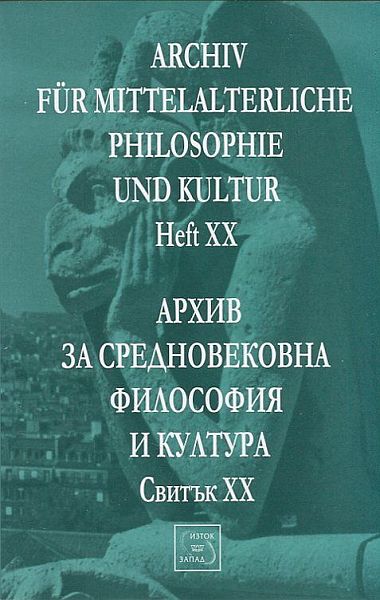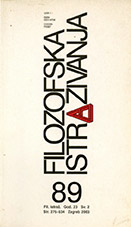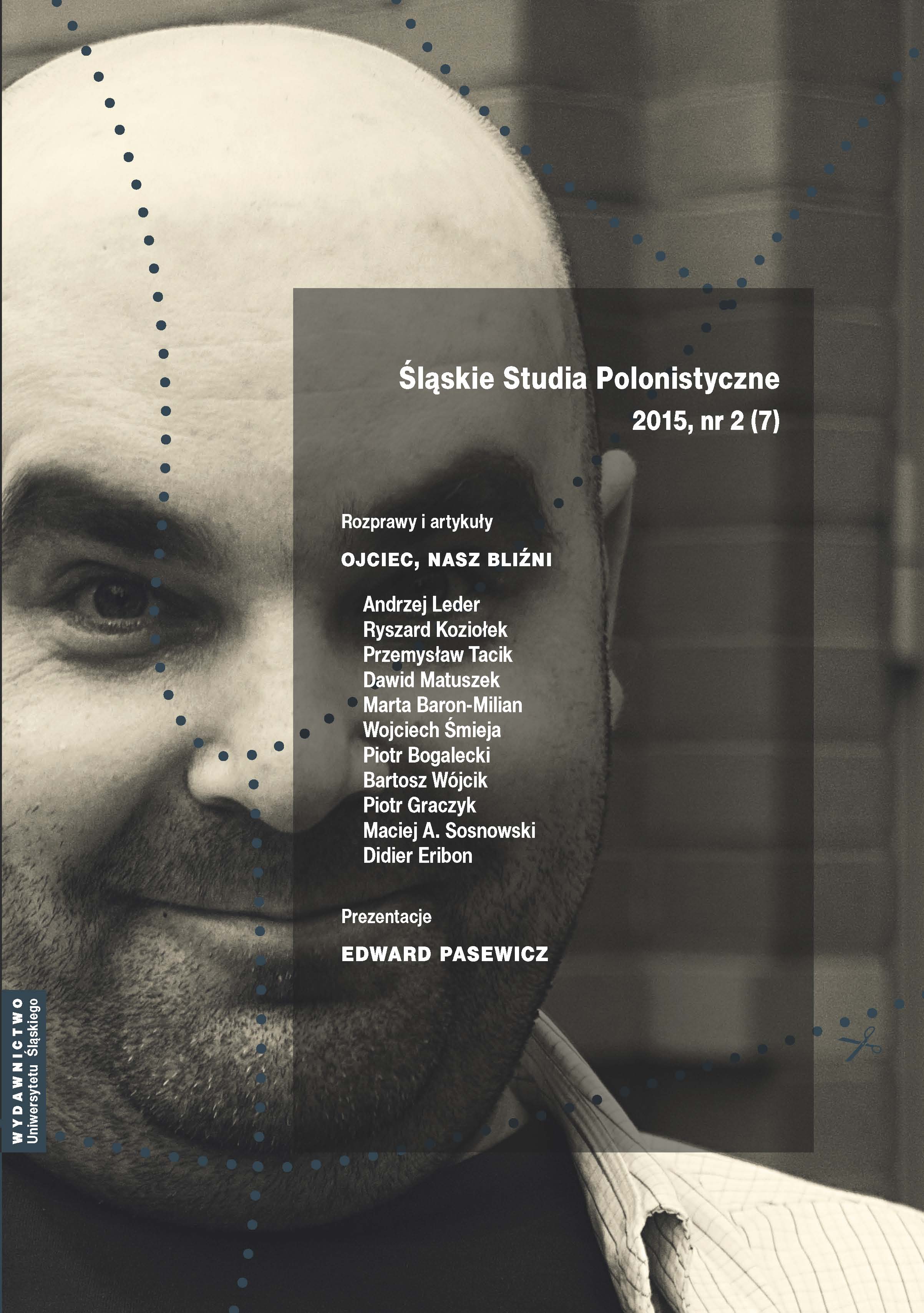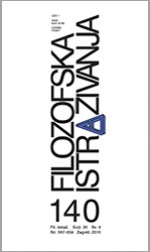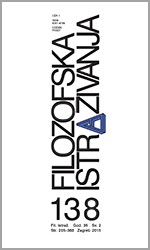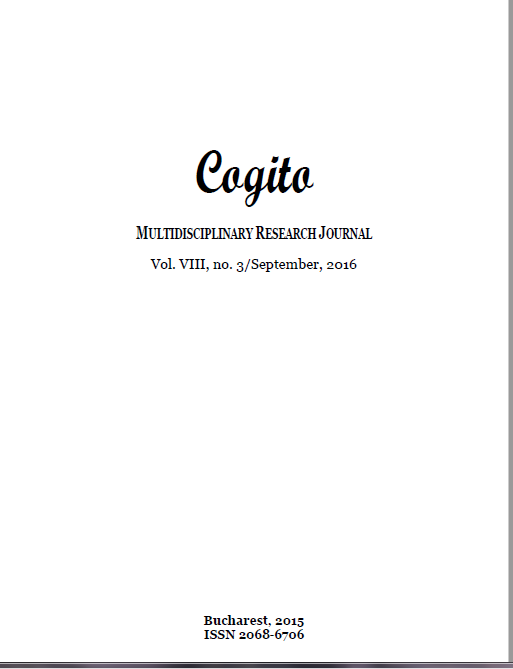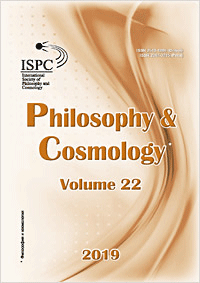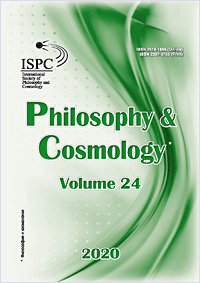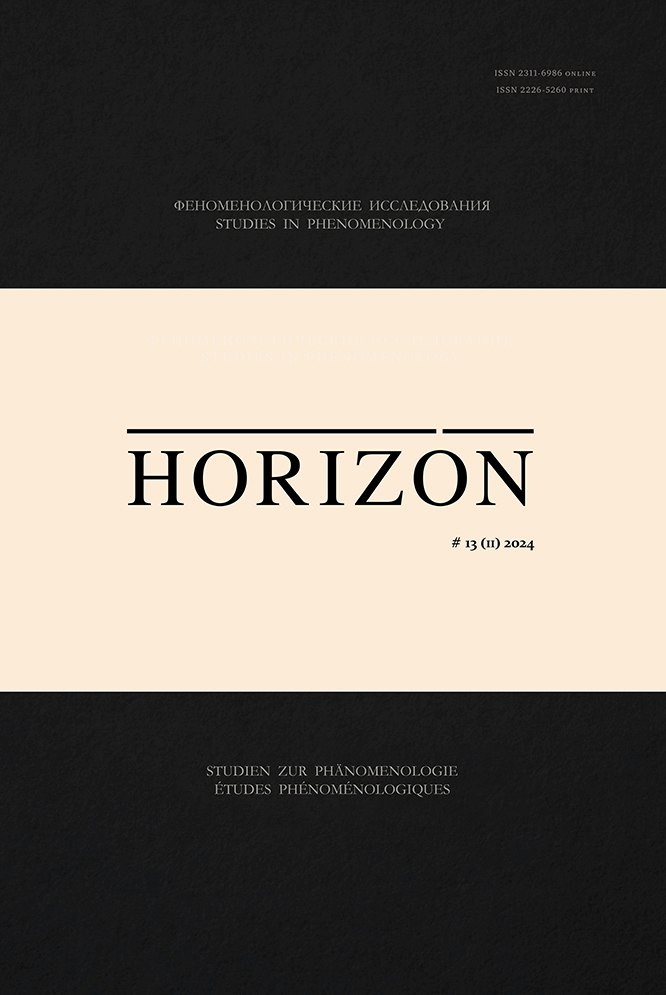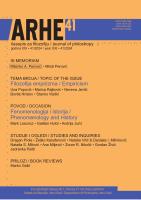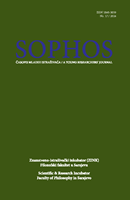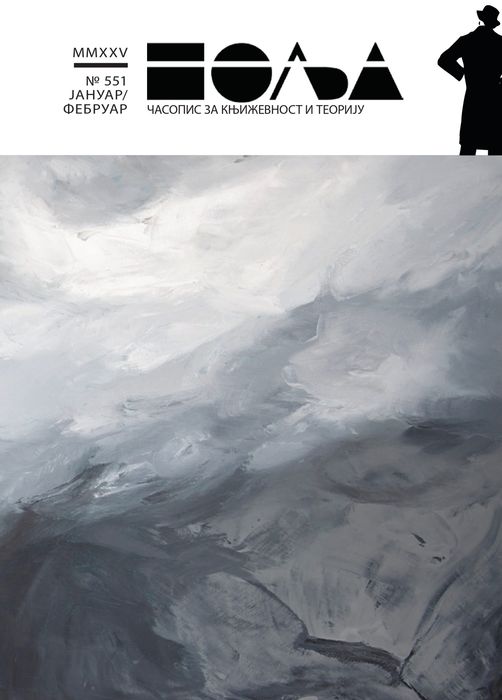Author(s): IVAN APOLLONOV / Language(s): Russian
Issue: 2/2024
The article examines the question posed in the title, which implies the consideration of sculpture as a method of sense making by plastic means, revealing the truth of being in spatial form. The study of the phenomenological perspective of this method is built upon I. Kant’s conception of art as a free play of genius, based on reason. The apparent contradiction between the spontaneity of the subjective assumption of an image, which implies the impossibility of its being deduced, and its rationality, assuming an extra-subjective universalism of meaning, is resolved based on the F. Schelling’s doctrine of creation as “a pure being who escapes to any thought” (unvordenkliche) act of the subject positing something in the conceptual horizon of the logical possibilities of its existence uncertainty. The act of vivid imagination and the coherent process of creating art work presupposes not only the subjective arbitrary will of the artist, but also the “intelligence of vision,” connecting the intentional act constituting the image and the counter-intentional act, in which the image created manifests its own teleology, clarifying and elaborating the author’s idea. The sculptor’s consciousness acts as a kind of tuning fork, capable of capturing the accuracy of the sound of the image, its harmony with aesthetic sensibility. At the same time, the expressiveness of the art work, its beauty is the non-verbal aspect of meaning, capable of signifying and expressing the author’s vision of the ideological depth of the chosen theme, which allows the sculptor to create original philosophical parables that heuristically complement verbal forms of thought. These provisions are considered in the context of the sculptural series “Masque Theatre” created by Alexander Apollonov, whose plastic images show various scenarios and complex drama of the relationship between the subject and his personal objectifications, manifested in masks-personalities.to create original philosophical parables that heuristically complement verbal forms of thought. These provisions are considered in the context of the sculptural series “Masque Theatre” created by Alexander Apollonov, whose plastic images show various scenarios and complex drama of the relationship between the subject and his personal objectifications, manifested in masks-personalities.to create original philosophical parables that heuristically complement verbal forms of thought. These provisions are considered in the context of the sculptural series “Masque Theatre” created by Alexander Apollonov, whose plastic images show various scenarios and complex drama of the relationship between the subject and his personal objectifications, manifested in masks-personalities.to create original philosophical parables that heuristically complement verbal forms of thought. These provisions are considered in the context of the sculptural series “Masque Theatre” created by Alexander Apollonov, whose plastic images show various scenarios and complex drama of the relationship between the subject and his personal objectifications, manifested in masks-personalities.
More...
